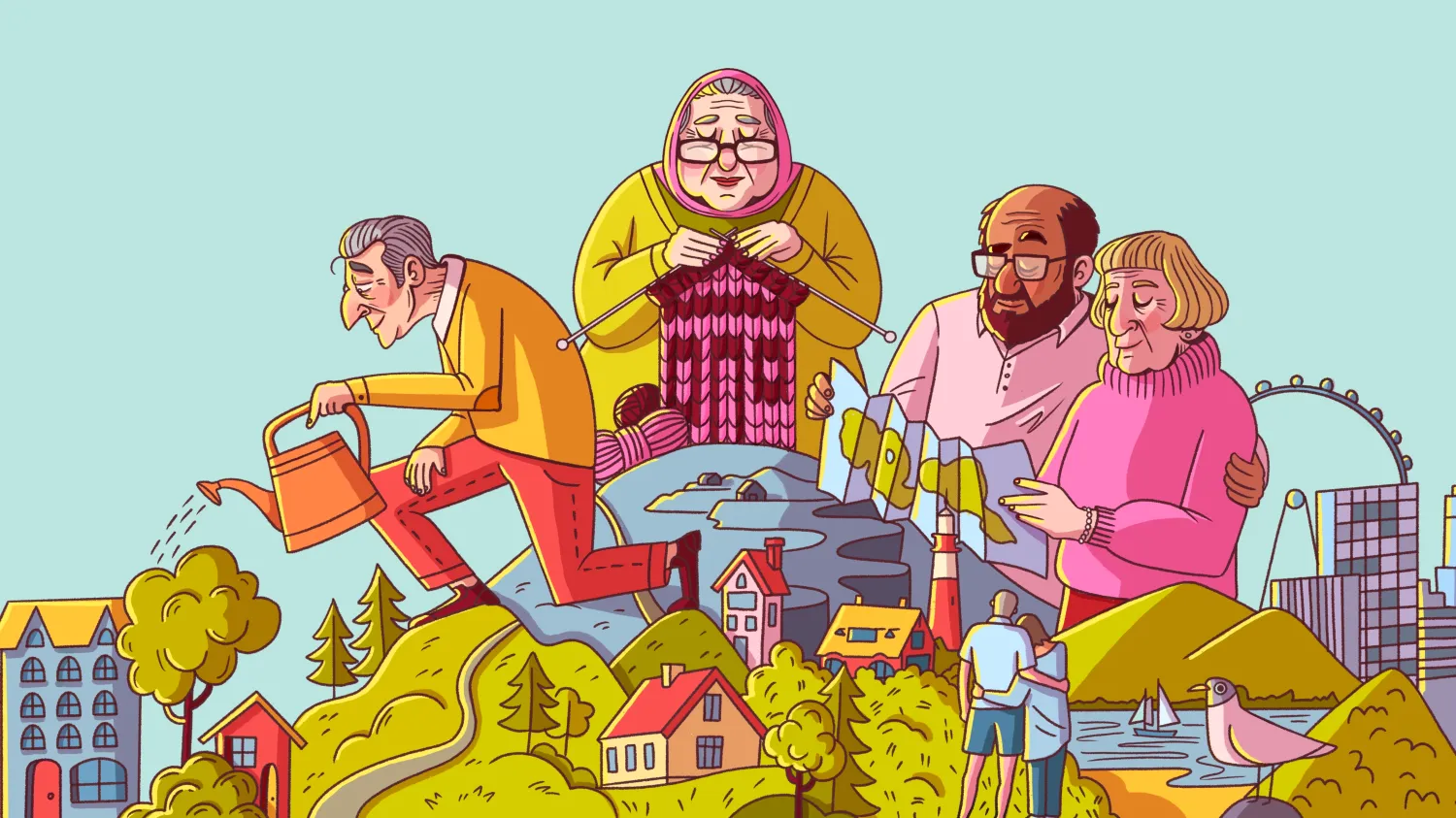In today’s health and social care sector, too many organisations are trapped in a cycle of task-based care—a system obsessed with ticking boxes, filling out forms, and meeting compliance standards. The result? Care that feels clinical rather than human.
Yet, true outstanding care isn’t achieved through dashboards or data points alone. It’s achieved through heart, culture, and leadership.
This truth is embodied by Lindsey Lloyd, a mental health nurse who turned around Moston Grange—a Manchester care home once on the brink of closure—into an “Outstanding” rated service by the CQC. Her secret? Compassionate, emotionally intelligent leadership that put people before processes.
The Breaking Point: When Task-Based Care Fails
When Lindsey first walked through the doors of Moss Grange, she was met with despair.
There was no laughter. No joy. Just routine. Residents were moved through their day like parts on a production line: get up, eat, toilet, rest, repeat.
Tasks dictated care. Staff were burnt out, fearful, and divided—days vs. nights, nurses vs. care assistants, “us and them.” It was a culture built on compliance, not connection.
As Lindsey puts it,
“It was my first experience of task-based care—and I just thought, this isn’t right. People go into care homes to be loved, not managed.”
Rebuilding from the Inside Out
Before she could heal the home, Lindsey had to heal her people.
Her first staff meeting wasn’t about processes—it was about feelings.
She asked her team what qualities it takes to work in care: kindness, patience, empathy, compassion. Then she asked how they felt. The answers were heartbreaking—burnt out, depressed, inadequate.
So she drew a line between those two realities and made a promise:
“It’s my job to help you rediscover why you came into care—to make this a place that oozes kindness, empathy, and connection again.”
By acknowledging their emotional exhaustion, Lindsey gave her team permission to feel—and then to heal.
Campaigns That Changed Everything
Lindsey’s transformation of Moss Grange wasn’t driven by paperwork—it was driven by purpose.
She launched a series of initiatives rooted in empathy, including the Feelings Matter campaign.
Instead of seeing daily routines as chores, staff were encouraged to see every moment as an opportunity for connection.
Bathing wasn’t a task—it was a chance to talk.
Mealtimes weren’t a schedule—they were an experience.
Staff sat and ate alongside residents, breaking down barriers and restoring dignity. For residents with dementia, this simple act of sharing food rekindled memory and comfort.
As Lindsey explains:
“Every task became an opportunity to understand a person’s feelings—to find out why they were upset, lonely, or withdrawn.”
Slowly, the home came alive again—with laughter, music, and meaning.
The Ripple Effect of Empathy
Lindsey’s approach didn’t just improve morale—it changed outcomes.
Incidents decreased. Medication use dropped. Residents thrived.
And when the CQC returned 18 months later, they wrote:
“You can feel the heart of the registered manager in every corner of the home.”
That’s the power of empathetic leadership—it leaves fingerprints of compassion across an entire organisation.
Lessons for Leaders in Care
What can leaders in health and social care learn from Lindsey’s story?
- Listen first. Transformation starts by understanding how your staff feel—not by imposing new systems.
- Lead with emotional intelligence. The best leaders read the room before they read the reports.
- Create meaning in the mundane. Every “task” is an opportunity for connection.
- Empower, don’t control. When staff feel trusted, they rediscover their purpose.
- Put people before processes. Compliance follows culture—not the other way around.
Technology Should Enable, Not Replace Compassion
In an age of digital transformation, it’s tempting to think that systems and dashboards can fix care. But Lindsey’s story reminds us: technology should work in the background, not stand in the way.
The right digital tools—like those being developed at Health Connect—should free up staff time, not consume it.
They should help empathetic leaders see patterns, not paperwork.
Because outstanding care happens at the bedside, not behind a screen.
A Call to Action
If you’re a leader in care and you recognise echoes of Moss Grange in your own organisation—take heart.
Transformation is possible.
It begins not with a new system, but with a new mindset.
Ask yourself:
“What’s my Feelings Matter initiative?”
“How am I making my team feel valued?”
Because when you care for the carers, everything else follows.
Lindsey Lloyd’s story is proof that compassionate leadership isn’t “fluffy.” It’s the foundation of outstanding care.
It turns despair into hope, staff into believers, and care homes into homes of care.




.png)
.png)







